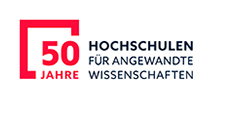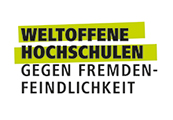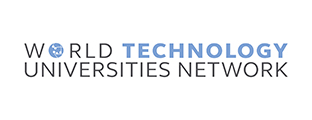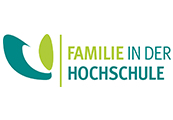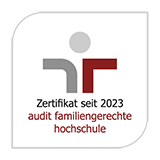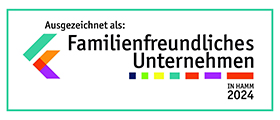The task of universities of applied sciences (HAW) is to prepare students through application-oriented teaching and study for professional activities in Germany and abroad that require the application of scientific knowledge and methods or the ability to develop artistic designs. Moreover, universities of applied sciences perform research and development tasks, artistic and creative tasks and knowledge transfer tasks (in particular continuing academic education, technology transfer) (cf. section 3 para. 2 of the Higher Education Act). Thus, HAWs fulfil the following tasks - also called missions:
- Mission 1: Teaching
- Mission 2: Research
- Mission 3: Transfer
Research Management
Our aspiration is to identify market trends at an early stage and develop precisely tailored concepts. In doing so, we emphasize close exchange with those interested in research, employers and companies, and are happy to embrace impulses.
Involving and Integrating
As a new university with a flexible matrix structure, we are able to respond to individual wishes. Everyone will find a sympathetic ear with us for topics related to project work, Bachelor’s theses or interdisciplinary issues. Cooperation with Hamm-Lippstadt University of Applied Sciences can be selective and limited in time or it can be permanent and intensive in the form of sponsorships, scholarships or co-operations.
Cluster Areas
The definition of the research clusters is based on the challenges of the 21st century and reflects the research policy of the European Union and the federal and state governments.
-
Sustainable Development
- Bioeconomy
- Energy transition
- Material sciences
- Optical technologies
- Sustainability & Digitalization
In the course of the discussion on climate change and the intended decarbonization of the economy, but also in view of the foreseeably limited fossil reserves, a sustainable economic system requires environmentally friendly and renewable raw materials as the basis for sustained, quality growth. Along with digitalizing developments, research into renewable energies, new materials, photonics or emission-free mobility contributes to sustainable development and provides a decision-making basis for future-oriented action.
-
Industry 4.0 & Digitalization
- Business development
- Man-machine interaction
- Production & Industry 4.0
- Safety & Security
- Embedded Systems
The central concept of Industry 4.0 describes the ongoing further development and automation of production processes in all branches of industry with the aim of increasing quality, efficiency, flexibility and operational reliability in manufacturing. To this end, demand-driven research is being conducted into systems that feature simple integration into existing processes and intuitive operation. These automated systems do not exclude humans. Man-machine interaction plays a central role in quality assurance, coordination and control tasks.
-
Society
- Medicine
- Interculturality & Diversity
Interdisciplinary solutions in medical technology, software development or even psychological and sociological aspects are able to meet the challenges in an aging society that is subject to constant change. We conduct research in a wide range of application areas, both on technical innovations and developments for medical diagnostics or the therapy of cancer, and on far-reaching socially relevant topics such as the promotion of equal opportunities and diversity in the world of work, education and society.
